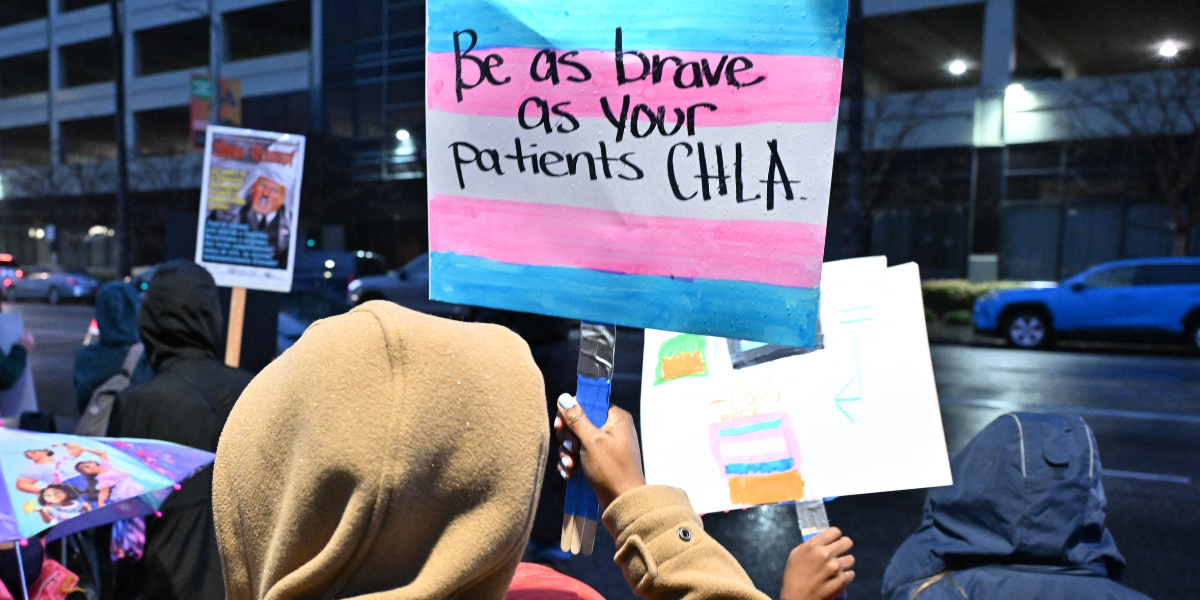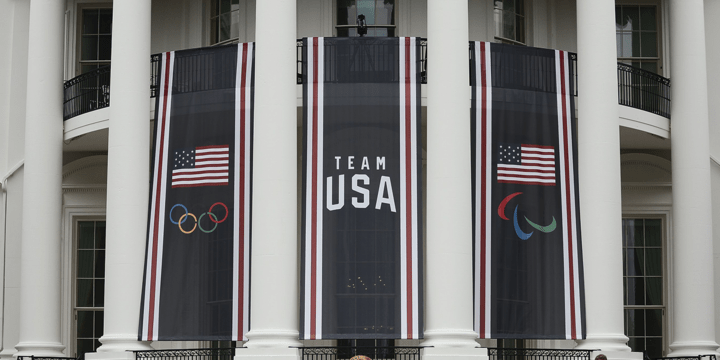I’m so scared to walk by myself at night.
I don’t feel good about this but I also don’t feel crazy, which is the word I think some people want to use when I tell them about my fear of men, my fear of the dark, my fear of someone hurting me. I think it makes everyone feel safer to tell women they’re crazy in general, but especially when it comes to sexual assault because what if we actually confronted how awful it is that we’ve normalized this thing, come to expect it and tacitly condone it? That would be terrifying, so instead people say we’re crazy for being frightened. But we’re not. I’m not. We live in a world where rape culture is a real thing but people like to argue that it isn’t; a world where we’re told street harassment is supposed to be flattering and sexual assaults are our fault if we’re out too late or if we’re too drunk or if we were just in the wrong place at the wrong time.
And I am lucky. I’m lucky that sometimes I can pay to take a taxi rather than walk. I’m lucky that I can often take the subway home with a friend. I’m lucky that I have never been assaulted, because honestly with statistics like one out of every six women in the United States has been the victim of an attempted or completed rape in her lifetime or that every two minutes someone in the country is sexually assaulted, all I can think is that the humans I know who have never experienced abuse are lucky. How else can we explain it? My favorite thing I’ve ever read about sexual assault and the way people make excuses for it is a post Amanda Hess wrote for The Sexist in 2010. Addressing the “don’t walk in a bad neighborhood” theory, she laid out the truth bluntly: “When it comes to sexual assault, every neighborhood is a bad neighborhood for a woman.”

This conversation isn’t new. When I was 10 I told my mom that it might be good if I was fat, because then no one would ever want to rape me. I didn’t understand how rape works, of course, or how bodies work, actually — my baby brain somehow conflated all the messages I’d received that to be fat was to be undesirable with the idea that if I could just be undesirable then I would be safe. I want to cry when I think about that. When I was 10 I was worrying about one day being raped. I wish I could go back and tell my 10-year-old self not to worry but that would be a lie, wouldn’t it? I do worry and I don’t think it’s strange to worry.
These are things we need to talk about, and we do, amongst ourselves. As women, as queers, as humans who are concerned about Making Things Better. But sometimes it feels to me that the people who need to hear the words most aren’t listening. It is so difficult to articulate to humans who are not constantly vigilant about their own safety why I always feel as though I must be on guard. Why it doesn’t seem crazy that my instinct when a stranger approaches me is to figure out if I could run if I needed to, even when it turns out he just wanted to know the time. Why I felt bad wearing a low-cut dress that night I walked home alone from the bar, a little bit more than a little bit tipsy, and why I felt so angry that I felt bad about it, but at the same time know I would never do it again. It is not only the assholes who make rape jokes who don’t understand what it means to live in fear; some of my dear friends, my closest family members, people I respect and admire and who do truly care about me just cannot understand it. And I never know how to make them understand.
Which is why I am (cautiously) excited about “Project Unspoken: I Am Tired Of The Silence,” a project that may actually make space for a real dialogue about street harassment, sexual assault, and rape, and how it affects our lives on a daily basis, zero exaggeration.
Though the project is made by a man, Peng does not step in and try to explain assault to the audience. He stands behind the camera as a silent narrator, making his efforts markedly different from men in the past who have said they want to “save” a group of people when in reality they want to speak for them. In his video, Peng asks a group of men and women the same question: “What do you do on a daily basis to avoid rape, sexual assault, or harassment?” He doesn’t need to add his own commentary. The answers speak for themselves.
Feministing called the video “powerful” but also registered their lack of surprise at any of the content, which I’m sure many readers may feel, too. “None of this is surprising,” their post states, “but it’s a great video that effectively shows how differently men and women move throughout the world.” It’s true – I’m not surprised by the content. Men don’t think much about their safety while women plan around it extensively? Duh. But I’m hopeful that this video will do more than just show how differently cis men and cis women can exist in the world. Apparently Peng has been approached by universities, educators, rape crisis centers, and the White House, all interested in using his film for educational purposes. This video is not intended to be a standalone project, and Peng told The Emory Wheel that while he feels like “an ordinary guy . . . every ordinary person can help put an end to sexual violence.”
I feel cautiously excited about this because I am not naïve; I don’t believe one video made by one well-meaning human will eradicate fear, change behaviors, or start the revolution today. Though no one in the film offers up their sexuality for discussion (which is fine, obviously), there is a notable absence of genderqueer folks, and while I present as a feminine small girl and thus experience the world that way and know that my gender and my stature contribute to my feelings of fear, many members of the queer community are targets, not only cis feminine women. So this video does not address everything or everyone, and it is certainly not the final word on sexual assault.
But maybe, just maybe, it can be the beginning of the conversation, and maybe it can reach the humans who really need to be hearing about it.







